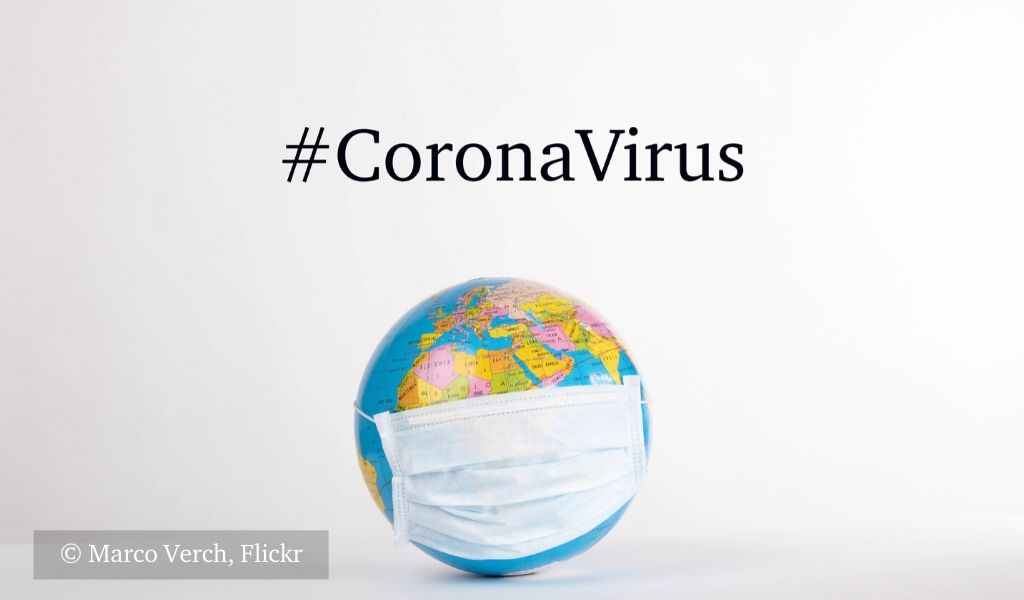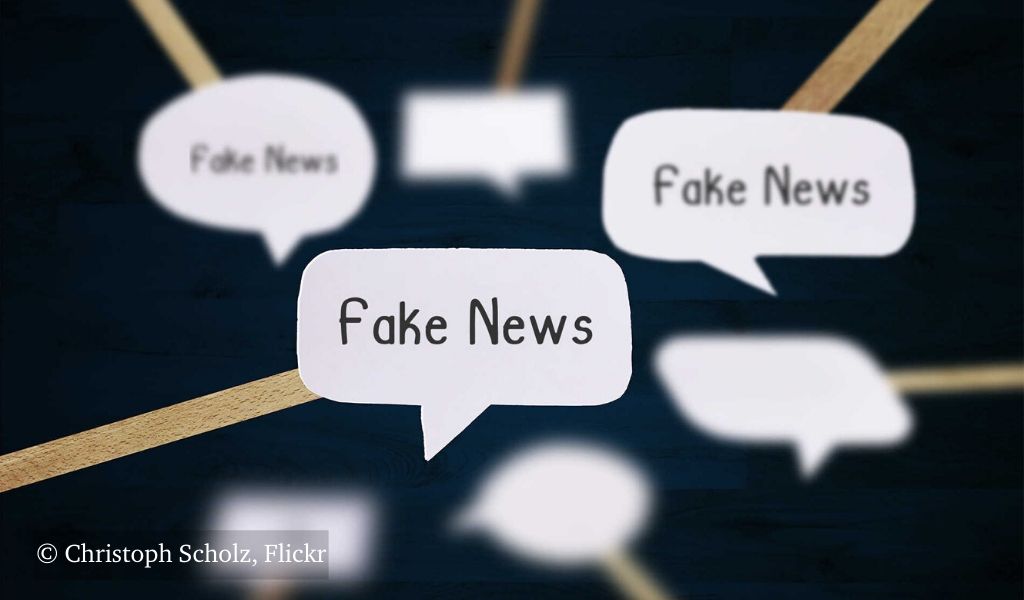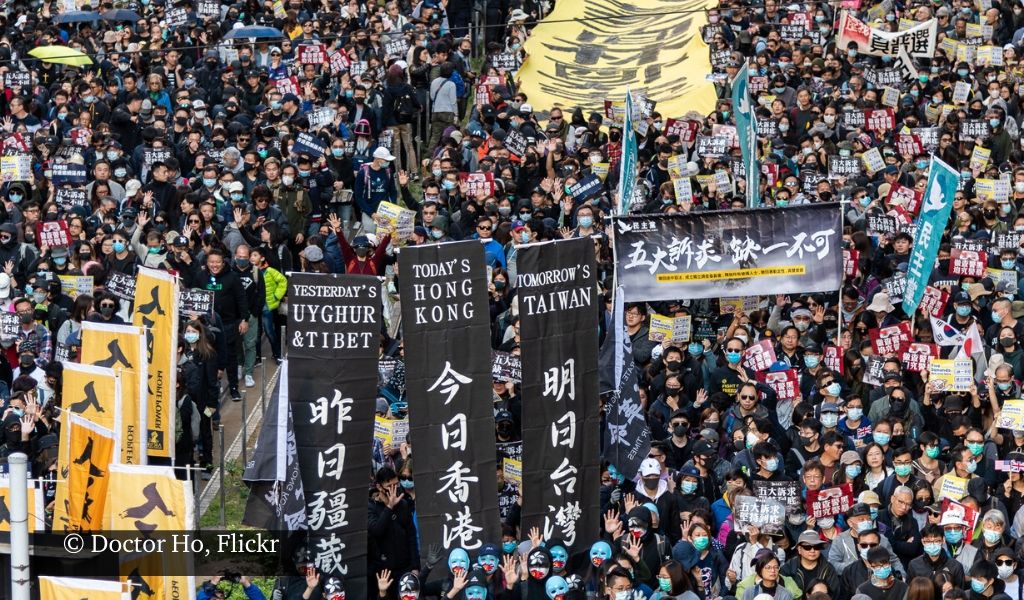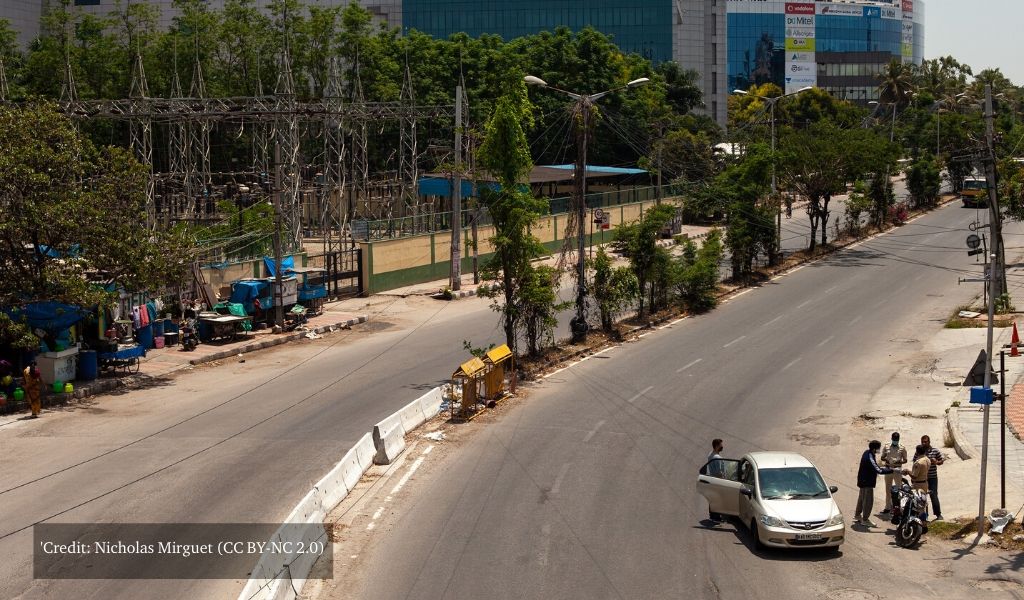COVID-19 has overnight destroyed the old divide between the fragile, mostly developing countries of the global South and the supposedly stable, mostly rich countries of the global North. No government has been able to protect their citizens from a viral threat, and now a third of the world’s population is in lockdown. If we are learning anything from the pandemic, it is that political fragility makes things worse…

It took ages to place the odd nostalgia induced by the pandemic, and then I was forced to think about what COVID-19 means for work on accountability and empowerment in fragile settings and it clicked: being forced to stay indoors, no information about or trust in public authorities, no end in sight – it gave me the familiarly unhinged feeling of growing up amid the coups and curfews of 1970s’ Bangladesh. Like housework, political authority is most noticeable when absent.
COVID-19 has overnight destroyed the old divide between the fragile, mostly developing countries of the global South and the supposedly stable, mostly rich countries of the global North. No government has been able to protect their citizens from a viral threat, and so one-third of the world’s population is in lockdown. Nobody knows what’s going on. Like all good crises, this has no timetable. As the elites spend millions to protect themselves, it is increasingly clear there is no place of safety.
So we hunker down and turn inwards, partly because it’s a public order, partly because at least at home we feel we exercise some control. We also move online, in a crisis designed for the digital era. The most vulnerable feel the effects worst, and have the least power to protect themselves, is highlighted again by reported rises in domestic violence: the ultimate loss of power, being locked in with your abuser, by law. The pandemic amplifies every fragility.
As David Runciman wrote, the pandemic merely stripped bare the trappings of power – ‘ to exercise political rule is to have the power of life and death over citizens … we are entrusting life-and-death decisions to people we cannot ultimately control ( But if we have learned one thing from trying to figure out how people gain power and hold governments to account even in fragile states, it is that it is never entirely hopeless. And if we are learning anything from the pandemic, it is that political fragility makes things worse, for several reasons.
Mis-information is life-threatening
Fake news is no longer just a digital tool in a battle for political supremacy. The news agency AFP has busted 237 myths about the virus. The Centre for Democracy and Development in Nigeria is valiantly fact-checking fast spreading myths, in a context in which trust in official information is absent. The incredibly innovative Accountability Lab has already re-deployed its feedback model to produce factsheets in local languages in Nepal, Pakistan, South Africa, Mali, and Nigeria.

But as accountability activists know all too well, information does not shift power on its own. The lack of trust in official information did not start with COVID-19: political polarization, violence and fragility weaken or undermine trust, and much of the world headed into this crisis with a pre-existing trust deficit. Most people believe the clampdown is more about controlling the narrative than sharing accurate information. The more governments strong-arm citizens into shutting up, the more fear and confusion fills the information space. As China has found, if governments spend years silencing critics, people find it hard to trust them when they need to be trusted most.
Mass street protest is over, for now
States of emergency are being declared all over, a global suspension of laws governing popular participation that is surely unprecedented – but now accepted. Taking to the streets has been the favoured means for citizens to hold political elites to account for a decade, with 2019 a bumper year for mass protests against economic inequality, erupting from France to Hong Kong and many other places in between.

But now, citizens have lost even this unwieldy form of people power. They are (legitimately) banned from gathering but with unseemly alacrity among those rulers more familiar with the dictators’ playbook. Some argue that citizens should continue to take to the streets, observing social distancing as we do. If citizens lose even that source of power, all we have left is our highly compromised digital platforms and social media. Yet the risks of mass protest were never greater: states have more powers to repress any group behaviour, and risks of contagion in prison or during protests are high. For now, the resistance will have to move online. governments are feeling free to exercise their states of emergency in ways well beyond the immediate public health crisis: when powers are granted, they can be hard to take back.
Supporting the state response
Governments are understandably keen to look strong and in charge. This is particularly difficult in developing countries with weak health systems that are criminally poorly-resourced. States that have failed to create space for civil society to thrive and grow now find they are faced with weak social allies in the fight against COVID. In so many places, there are instances of local community action to support healthworkers, serve the elderly and others who are at risk, and there are also bigger movements – such as the #Masks4All campaign – emerging. But in Brazil, drug gangs have been policing the quarantine. In Mexico, the homicide rate has actually risen. These are the effects of shrunken civic space.

Meanwhile, the disastrous instant lockdown in India has left the poorest and most vulnerable in a visibly piteous state, revealing an Indian government that is callous and out of control, rather than decisive and capable. From Nigeria and Zimbabwe, too, our colleagues tell us of livelihoods lost in an instant, among people who only eat as and when they earn. It is impossible to imagine this global precariat accepting social distancing for any period that would enable health systems to cope – unless they receive substantial and universal social protection, now.
People need to be heard in formulating the response. Civil society actors in India have argued that better policies were possible, had society had a role in deciding how to respond. Kerala so far has provided a stellar example of how to govern an epidemic with both science and humanity. The Sindh provincial government in Pakistan has inspired some confidence by regularly sharing information and being responsiveness to expert input, whilst also including all parties in its deliberations, including in preparing relief packages. In Pakistan, Brazil, and the US, sub-national governments are gaining trust and public confidence for their actions, while federal authorities are faltering or failing. In many places, such as the Philippines and Bangladesh, citizens have welcomed military involvement. But there are also worries that once empowered to enforce the lockdown, armies who have a history of coup-making might be reluctant to return to their barracks.
Stronger states and stronger citizens
Among the lessons of COVID-19 is the vital importance of political trust, of space for civil society and of strong communities in coping with covariate and highly infectious health, social, and economic shocks. Civil and political rights will be eroded as governments take on more power. But there are new opportunities to gain new rights, as governments take on responsibilities for supporting citizens in emergency support packages. When rights are granted, they can be hard to take back.
COVID is just one of the many global crises we are likely to face as our planet heats, fossil fuels run out, and global power politics shift. It is crucial that we have citizen-state relationships that will help us all get through this. Fragility of this kind is and should be very frightening. Building trust means citizens having the power to hold governments to account, even when it seems like another impossible task among many.
Many thanks to Tade Aikin Aina, (PASGR) and Ayesha Khan (CSSR) for accounts from Nigeria and Pakistan.
